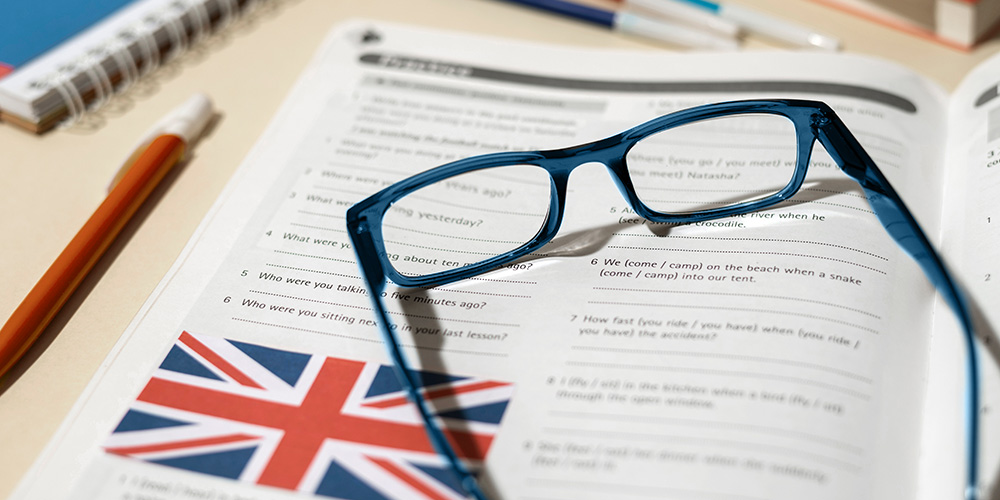
Why IELTS?
The IELTS exam has been one of the primary evaluation tests for various international companies and universities. Every year, thousands of people participate in IELTS exams for different purposes. Some are prospective students who desire to study abroad, and some are aspiring job seekers who want to apply for an internationally available vacancy.
The IELTS examination offers two different paths for the applicants. They can either take the general test or participate in the academic test based on their need. The first thing you need to do is to identify which exam fits your needs and would land you the desire you have in mind.
To get ready for the test, some people would rather self-study the material, and others prefer taking classes or hiring a tutor; either way would work fine. It would be good to talk to some people who have already taken the test and are more familiar with the process. Their experiences can give you a general picture of the process and what to expect.
You could also discuss with a counselor specializing in higher education or international language examination. Hearing about the process from different people provides you with different perspectives. It gives you an opportunity to choose a method that you are more comfortable with to enter the preparation process.
Besides that, there are things that can help you through the process that have been generally recognized as standards. The following content will give you excellent and previously proven practical ways to help you better prepare for the IELTS exam.
Although passing the exam with flying colors is mighty tricky, through certain methods, you can make this road easier for yourself and walk down the foggy road with a bright light over your head.
Take a Mock or Practice Test
The best first move is recognizing your strengths and weaknesses and realizing where you stand. Fortunately, there are places where you can go to take mock IELTS and practice tests. A mock test provides you with the simulated exam, which occurs the same way as the IELTS exam. A practice test helps you get familiar with the test format and get more potent in using your knowledge.
Taking practice or mock tests can reveal your weak spots and the areas you shine. Since you can examine your answers later after the practice test, you can identify the problems you need to work on to reach perfection. You may be more robust in one skill but at the same time need more practice on the other skills.
You need to understand that the IELTS exam does not solely evaluate your knowledge. It also tests your skill in using the language. Hence, practicing the test itself can improve your examination skills and familiarize you with the format. Some students find the layout confusing and hard to grasp. Better be prepared before taking the actual exam.
You may have started practicing a while back, and now you wonder how far you have come. That’s when a mock test comes in handy because it shows you a mock of your test results if you had actually taken the test. When you reach satisfactory results in your mock test, you are ready to take the actual IELTS test.

Test Format and Time Constraints
The things that can turn an IELTS exam into a challenging task are the particular test format and the time constraints. It is one thing to use your knowledge in real-life situations and, another thing when it comes to the test itself. The unique format and time restrictions may seem overwhelming when you start preparing.
The IELTS test has become the source of English language proficiency evaluation because of its unique format and the variety of its sections. The unique design gives the questions and tasks some sort of complication that becomes the source of identifying the candidates’ level of proficiency.
If you want to achieve an excellent score in all skills, you need to master the formats and precisely know each section’s purpose. Comprehending the aim of each task will give you a clear-cut picture of the response that you have to provide. It’s more organized than a typical test, and its high goal orientation contributes to its accuracy.
The next challenge would definitely be the time constraints. For each task, you will be given a specific amount of time. Hence, it would help if you learned how to manage time in doing each task. This section is more related to your test-taking skills, which you need to improve drastically, especially if this is the first time you want to participate in an international examination.
Develop Strategies
Each task requires an accurate response, so you need to develop a strategy to create content when given different topics. When you have a plan for each task, you will be able to answer any questions, even in circumstances that you are absolutely unfamiliar with.
In addition, you will score better if you can comprehend the dimensions of a task. For instance, if you are asked to discuss the effects of war on the economy, you need to know practical strategies to go about the topic and present a sound and convincing argument.

Expand Your Horizons
As you know, there are various ways to go about a topic. It requires great creativity and variety in vocabulary usage to allow you to approach a subject beyond the barriers of clichés. Developing original answers to depict your ability to use the language is not as easy as it may seem.
You need to expand your horizons and put yourself in various scenarios. Putting yourself in other people’s shoes, comparing others’ perspectives to your own, and practicing the art of storytelling are great ways to get you there.
With these abilities, you can speak or write about anything and show the administrators that you have an out-of-the-box approach to things, but you are also talented enough to use another language to create something new. This way, you can show off your competence and full capabilities.
Practice, Practice, Practice!
If you want to score perfectly in an IELTS exam, practicing has to become your best friend. Do it day and night. Actual progress is only achievable through constant practicing and nothing else. Don’t be afraid to make mistakes. You can learn a lot from your mistakes. In fact, be happy that you are making mistakes because they are great opportunities allowing you to learn.
Final Words
Obtaining excellent results on the IELTS test is not impossible. You need to adjust your mindset and become tolerant enough to face many mistakes. Think about your preparation process as a muscle. The more you practice, the better you become. So, don’t lose heart if your progress is slow. Little progress is still progress, and constant baby steps can go really far.
student_3_dark_banner






